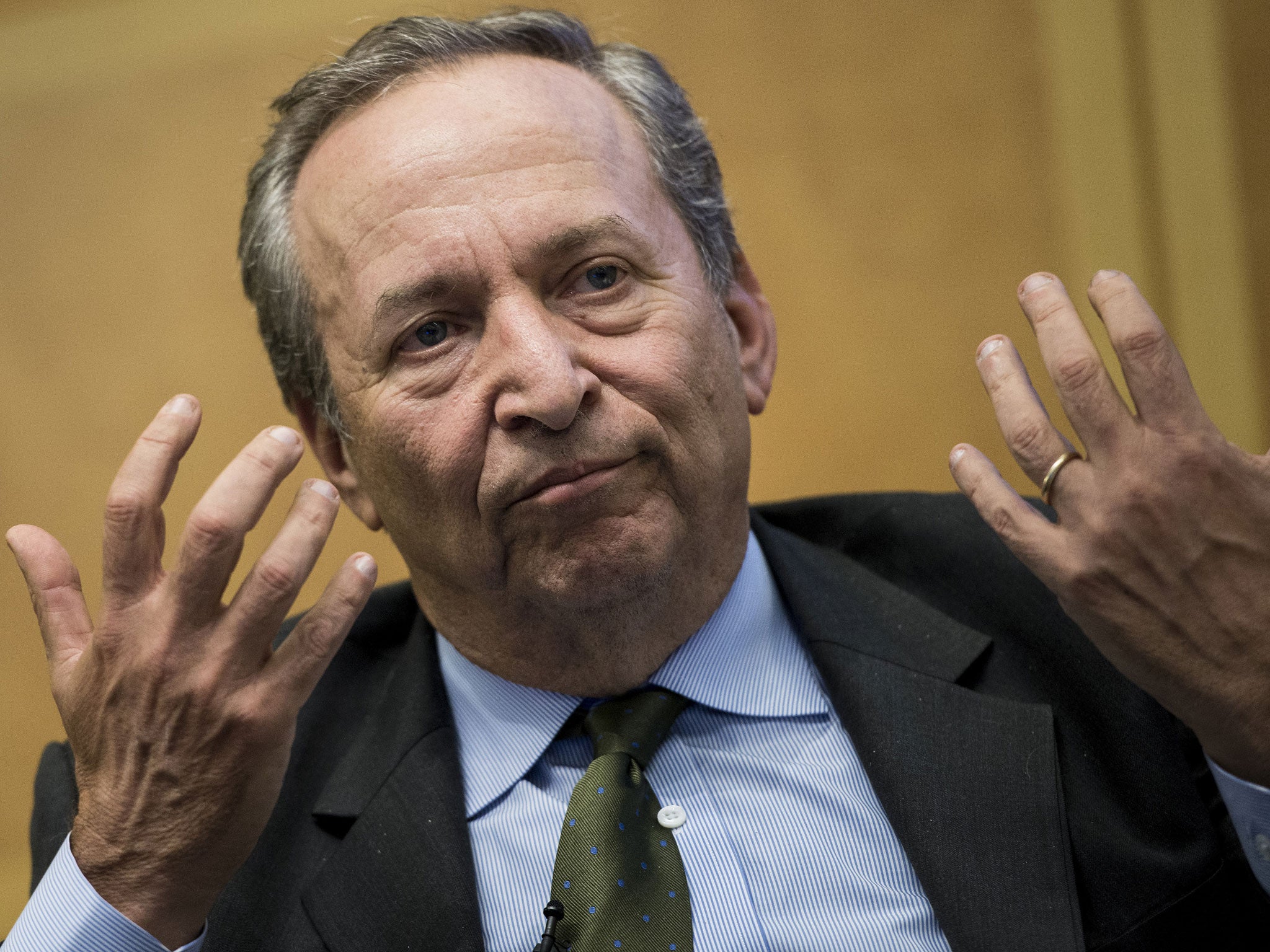Investment could end the 'health gap' between rich and poor in 20 years

The health gap between rich and poor countries could be wiped out in just 20 years’ time, leading economists and health experts have said, and can be achieved simply through greater investment in existing drugs, vaccines and treatments.
Despite major progress in fighting infectious diseases such as HIV/AIDS and tuberculosis (TB) and reducing infant mortality as part of the UN’s Millennium Development Goals, which expire in 2015, huge disparities still exist between richer and poorer nations.
However, global health equality remains within reach, according to a report published today, if all countries increase investment over the next 20 years to the order of hundreds of billions of dollars.
Writing in leading health journal The Lancet, Lawrence H. Summers, a former US Treasury Secretary and chief economist at the World Bank who is chairing a new Commission on Investing in Health, said that governments and donors could create “a grand convergence” and prevent 10 million avoidable deaths per year by 2035.
“For the first time in human history, we are on the verge of being able to achieve a milestone for humanity: eliminating major health inequalities, particularly inequalities in maternal and child health, so that every person on Earth has an equal chance at a healthy and productive life,” he said.
In what the Commission calls an “ambitious but feasible” investment plan, economic growth will allow low and lower-middle income countries to pay for the bulk of health improvements themselves, with wealthy nations shifting their role from financial support to scientific research and policy guidance.
To achieve health equality by 2035, low income countries will have to invest between $23bn and $27bn annually, while lower-middle income countries would have to invest between $38bn and $53bn annually, the Commission estimates.
The report’s authors said that poorer countries should look to “the four Cs” – China, Chile, Costa Rica and Cuba – all of which have sharply reduced preventable deaths through health investment in the past two decades, despite starting at similar levels to many poor countries whose infant mortality rates remain high.
Governments and donors should focus spending on treatments, drugs and vaccines for HIV/AIDS, TB, malaria, neglected tropical diseases and conditions that affect new mothers and young children, health experts said.
Join our commenting forum
Join thought-provoking conversations, follow other Independent readers and see their replies
Comments
Bookmark popover
Removed from bookmarks